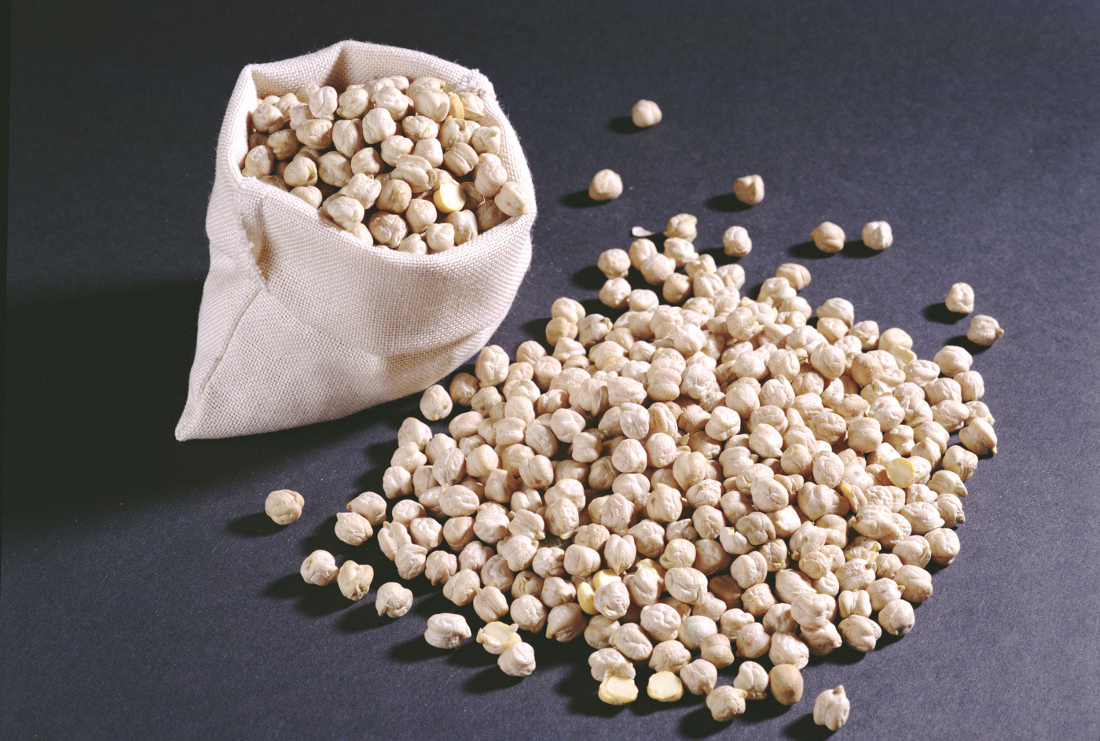Individual responsibility in the fight against climate change will play an increasingly important role in the future. Do consumers avoid waste at its source, i.e. when shopping? Do they produce or purchase electricity from renewable sources? Do they travel on holiday by train, by air or by plane, or do they stay at home?
One example: a two-week hiking trip to Portugal for readers of this magazine costs each participant €1,590. The price includes all overnight stays, three meals a day, all guided tours, accident insurance and transfers, but not the outward or return journeys. Each participant is responsible for choosing their own means of transport. People who come by train, e.g. from Switzerland or Germany, get an eco-discount of €200 and pay only €1,390. Recently, for the first time, a prospective customer from Germany refused to pay the normal price and called the discount a surcharge, a punishment, a so-called fuel surcharge that he was not prepared to pay. He insisted on being able to travel by plane but nonetheless to benefit from the rail discount. There were long discussions, patient explanations, but they were ultimately fruitless. He was turned down as a fellow hiker.
Now, how are the €200 of those participants who have chosen to fly to their hiking holiday actually used? The sum is invested. And this is how it works: the association A Nossa Terra in Monchique recently acquired three pieces of burned forest land for further development on a long-term lease from the local council. The plan is for new sustainable forests to be established there in the next five years. Along with cork oaks, oak trees and chestnut trees, there will be many other indigenous tree species. That is where the €200 are invested, in forest and conservation, to buy saplings and additional protective measures against forest fires.
Market research tries to investigate morality.
A change of scene. We beam ourselves over to the Berlin Social Science Centre in Germany. There, four young social scientists are investigating whether a sense of responsibility can be scientifically proven. Do people act morally when they face a choice between either protecting the environment or earning a lot of money? The experiment aims to discover whether profit is more important to people than morality.
The four scientists (Michael Jakob, Dothea Kübler, Jan Christoph Steckel and Roel van Velduizen) constructed an experiment with a conflict. Who opts to maximise their profit and who opts for a moral course of action? The participants in the experiment, who do not know each other and generally receive €5 for taking part, are divided into pairs. They have, in the first phase of the experiment, to carry out certain tasks separately from each other. The quicker they do them, the higher the subsequent shared profit that the participants can also take with them. The first participant (A) has to perform a game of skill: in the space of four minutes, he or she has to take chickpeas out of a small bag and throw them one by one into a container. The second participant (B) has to do simple maths calculations on a computer. There is also a financial incentive, because for each chickpea in the container and each solved problem, they get ten cents. Unfortunately, most of the chickpeas don’t land in the container but miss and land all over the room.

In the second round, both participants begin to realise that success in the game is less important than the consequences. The different pairs of participants are given the results as an interim outcome. At the start of round two, the participants identified with the letter A are led back into the rooms, where there are lots of chickpeas lying on the ground. It is explained to them that they now have to solve maths problems, and that participants A will now take the position from the first round, but there’s a catch. The messy room has to be tidied up first. If player A doesn’t do that alone, then B has to do it before A can sit down at the computer. Both have to be quick though, because the time they spend tidying up will be taken away during the subsequent game on the computer. So, the quicker the tidying is done, the higher the shared profit at the end of the game. This will be shared at the end, and will not depend on who has contributed more or less to the overall profit.
If the experimental design stayed the same, it would make no difference which of the two participants tidied up. As the participants didn’t know each other before the experiment and were selected at random, they cannot know how skilful their partner is at picking up chickpeas. Now the market researchers add a key additional condition to the design of the experiment. Participant A, who is responsible for the chickpeas on the floor, is informed that, in the second round of the experiment, he or she will receive twice as much money for each problem solved on the computer as their partner B received before. So, if A lost time first of all by gathering chickpeas, then both would definitely suffer a financial loss. But if A left the tidying to B, there would be more for both at the end. A thus faces the question: what is more important? The moral feeling of responsibility for the mess they have caused, or their interest is getting as great a reward as possible for taking part in the experiment?
Is profit more important to humans than morality? Who opts for morality, and who opts for profit? What do you think? How many of the A participants cleared up their own chickpeas, even if they lost out by doing so: 10, 30, 50 or 60 percent?
Clean up your own mess; An experimental Study of moral responsibility and efficiency. Wissenschaftszentrum Berlin Social Science Centre, Research Area: Markets and Choice, Research Unit: Market Behavior, Discussion-Paper, SPII 2016-215.
 Eco123 Revista da Economia e Ecologia
Eco123 Revista da Economia e Ecologia

